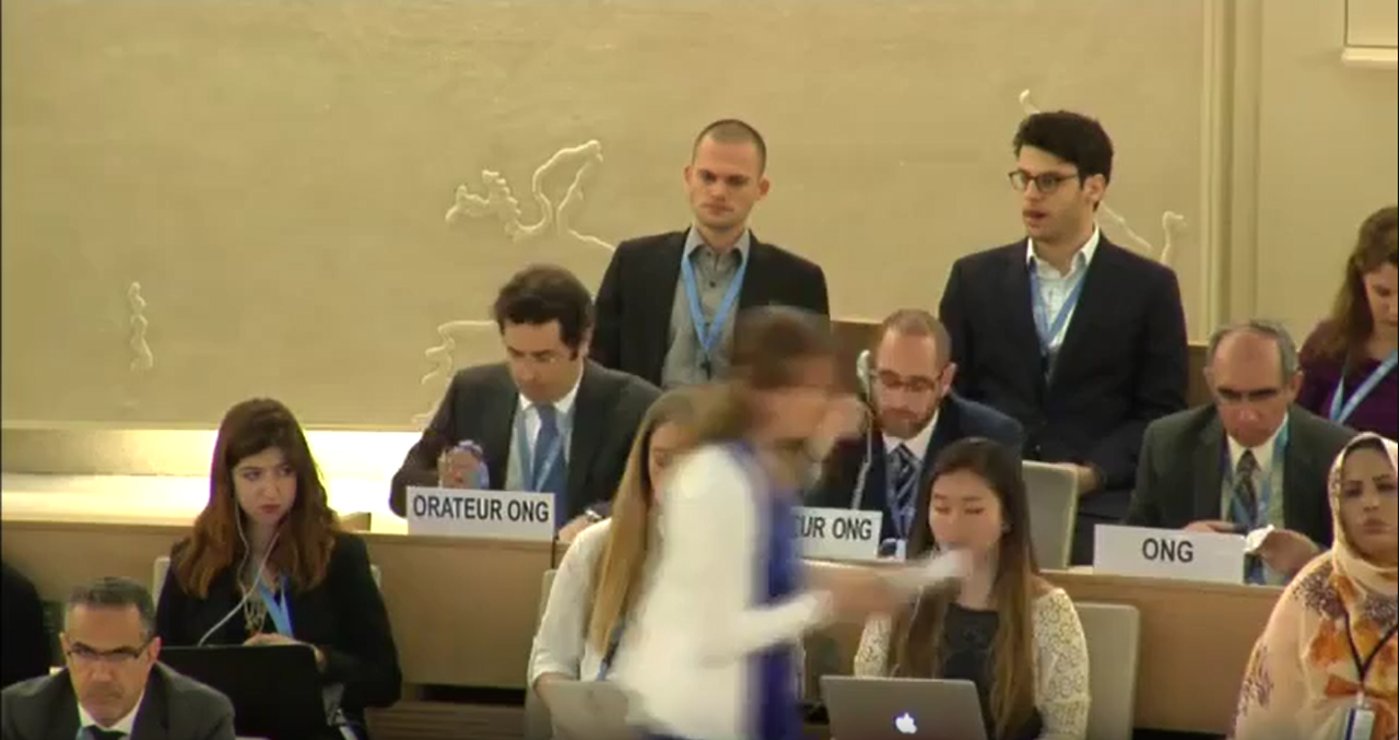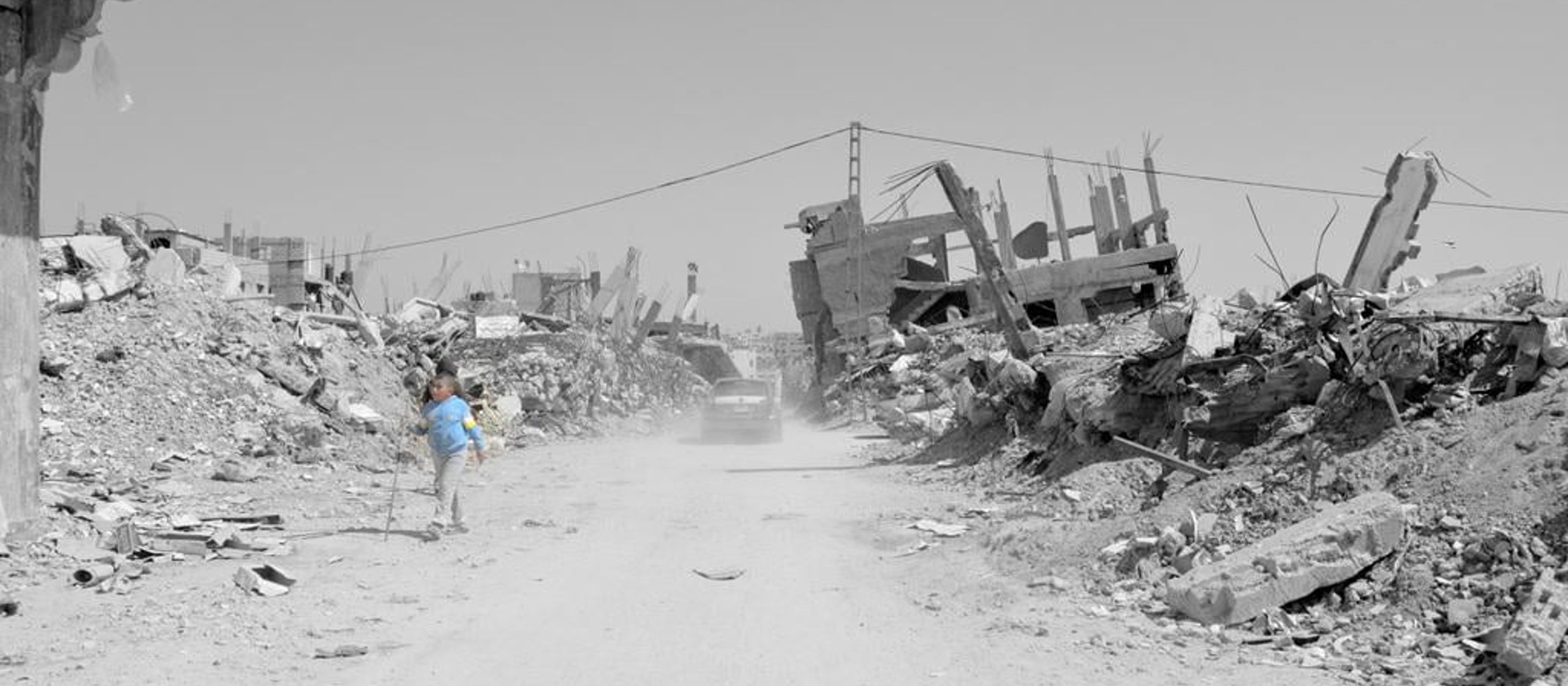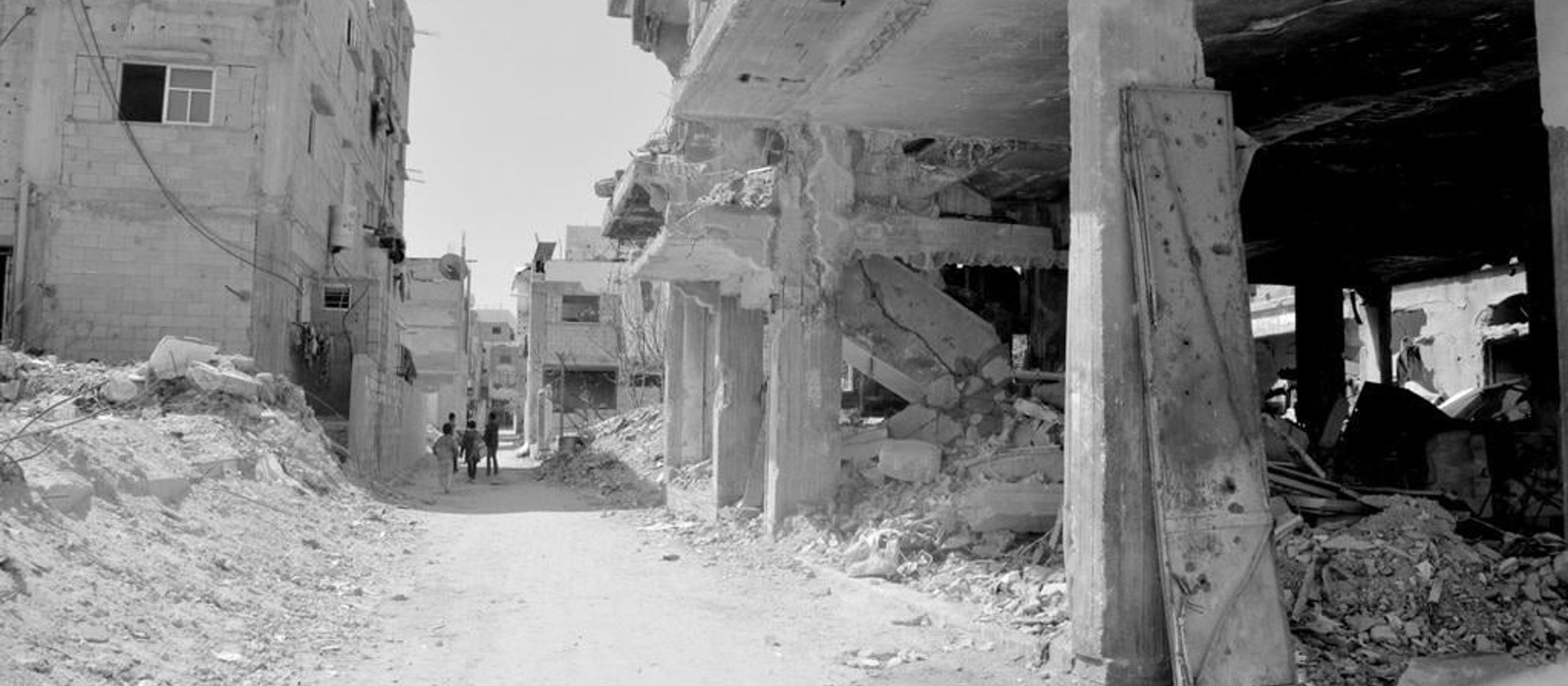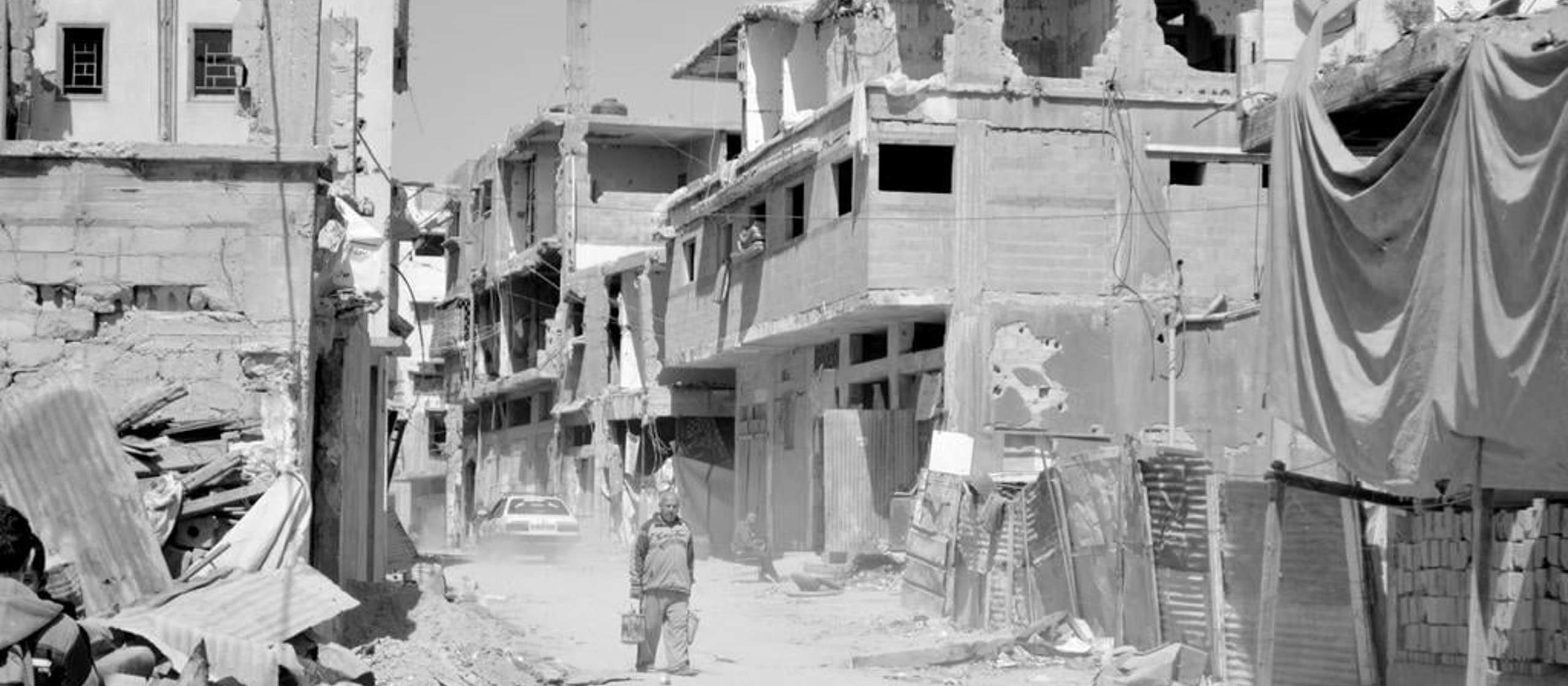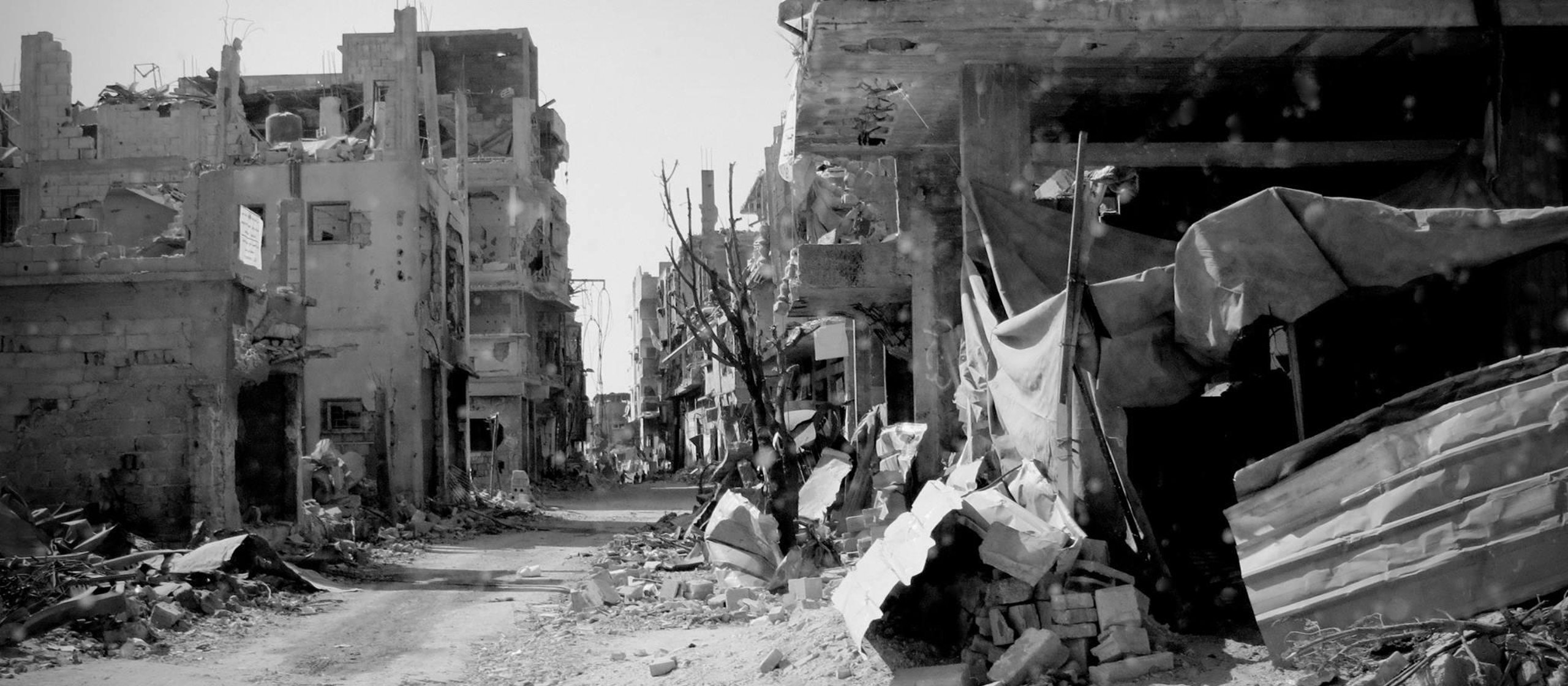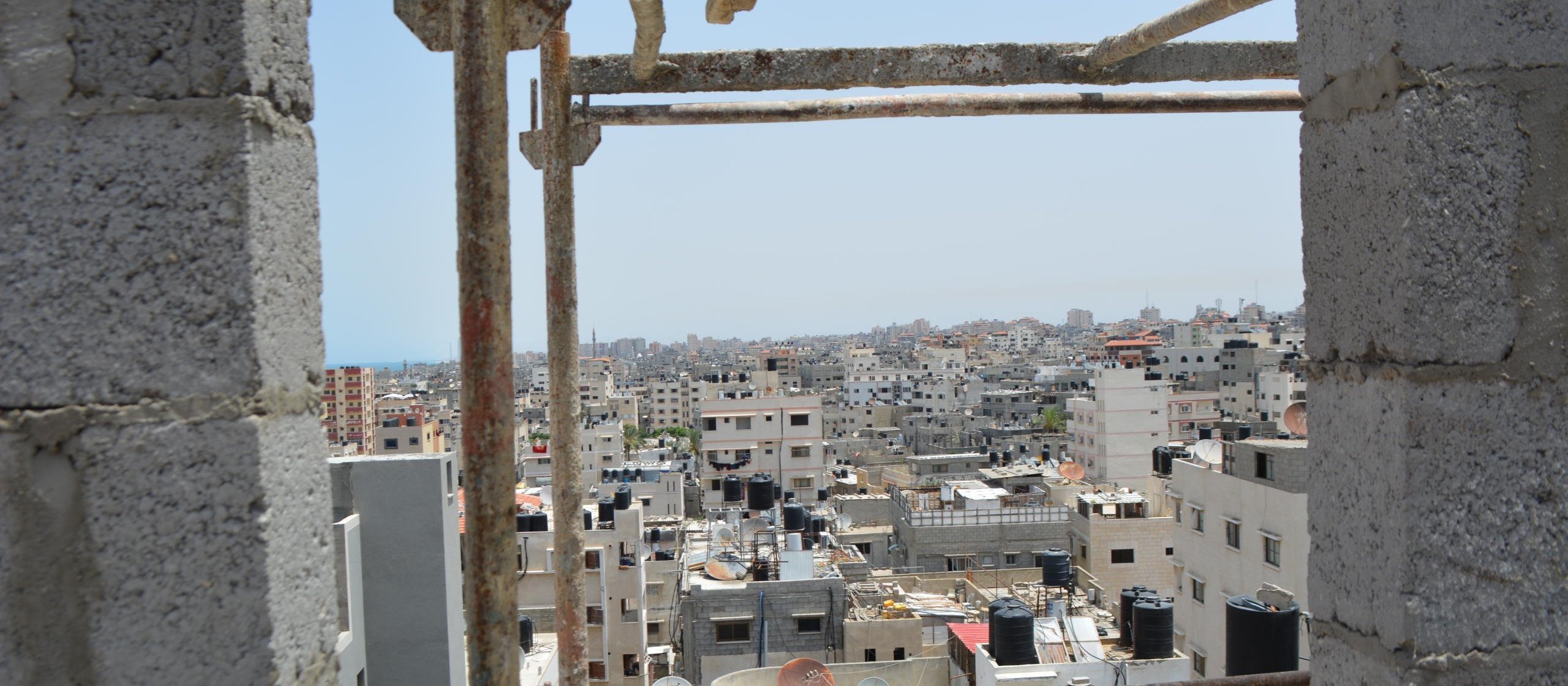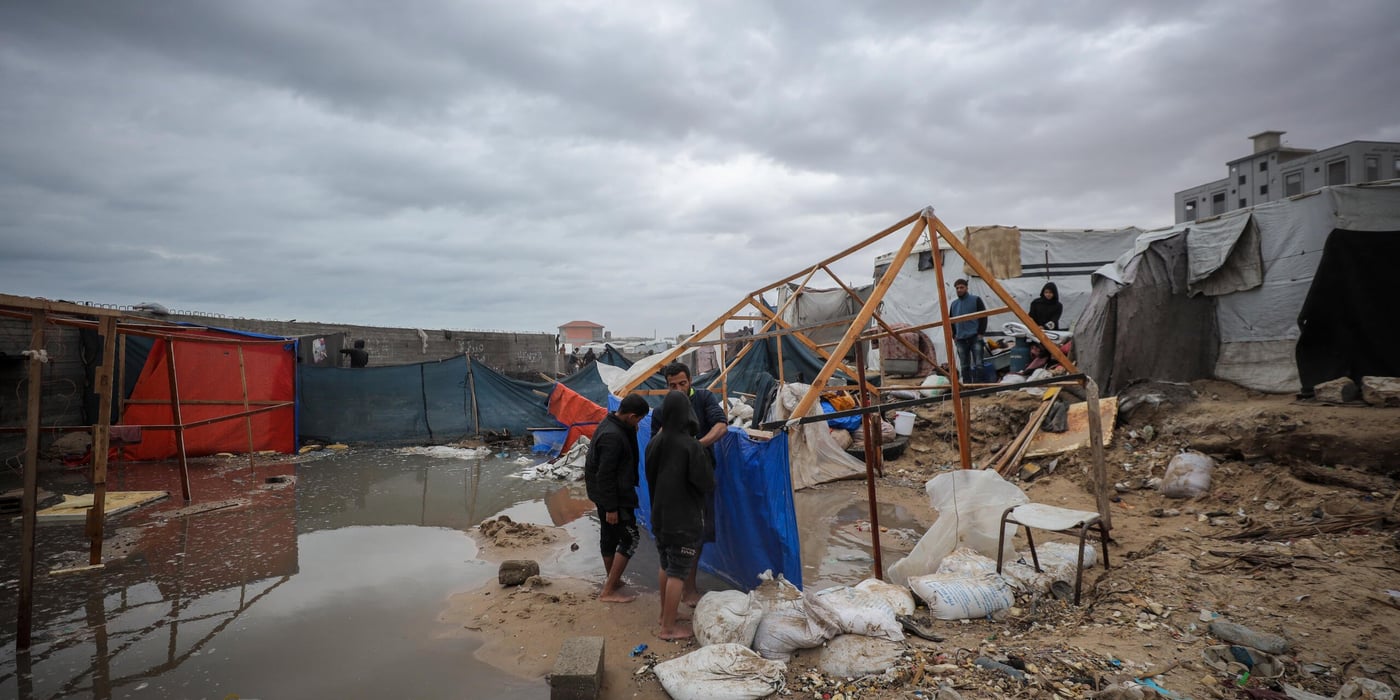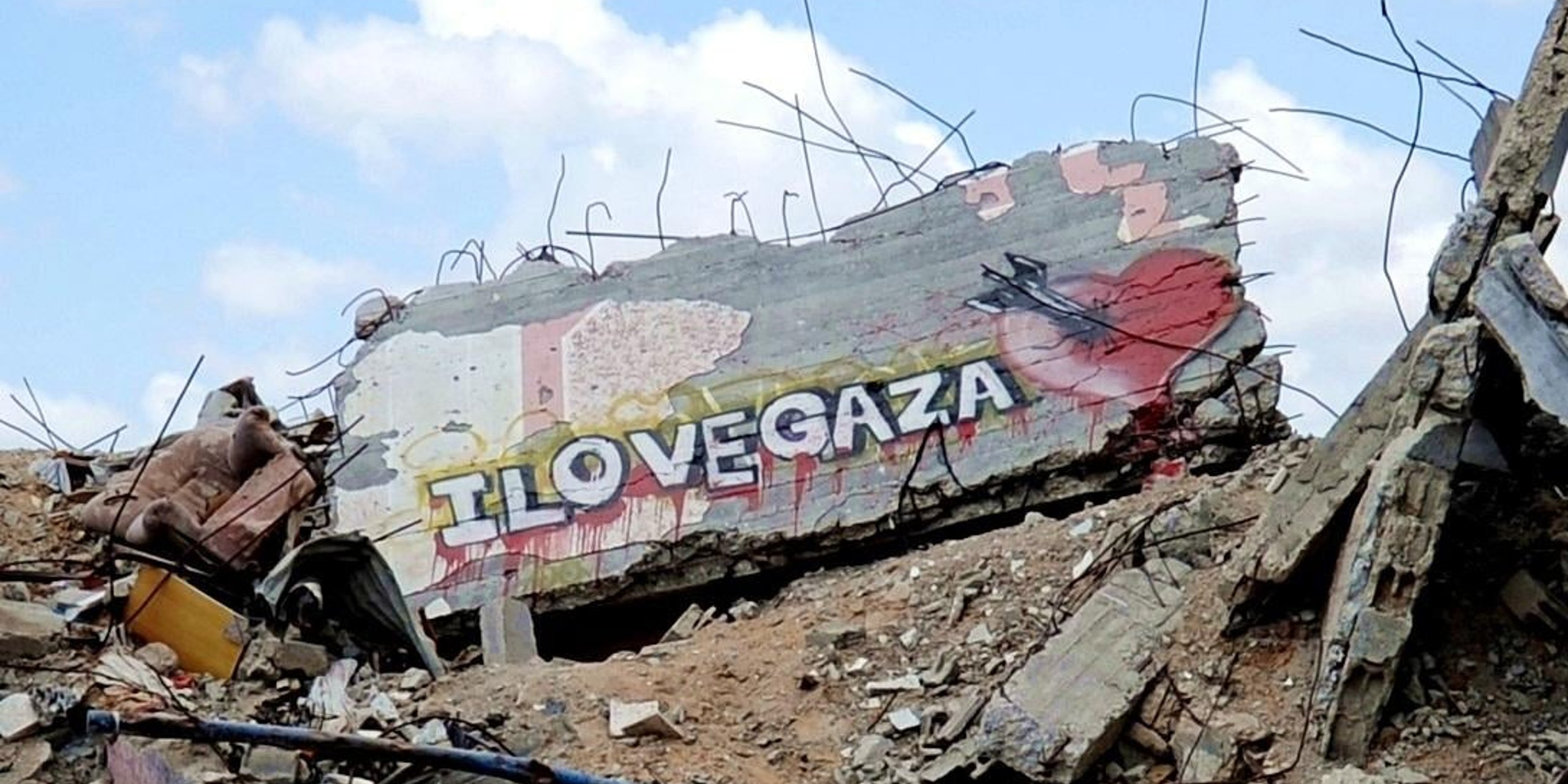
Today, many Palestinians in Gaza live surrounded by rubble. It serves as a daily reminder of the traumatic experience of a conflict that has affected their lives. Some 70,000 Gazans remain displaced.
The dire situation has been described as one of ‘de-development’; as the flow of materials to repair houses, and delivery of basic humanitarian aid has been restricted by Israeli authorities.
Restricted reconstruction
“Gaza’s wounds will not heal at this pace of reconstruction,” says NRC’s Policy and Protection Advisor, Itay Epshtain. “It’s prolongation breeds frustration and stifles hope for a meaningful recovery.”
In the course of the open-hostilities several health and education facilities were also destroyed. Almost half of the schools and universities in Gaza were damaged during the conflict. Those left standing were turned into shelters to house thousands of displaced Palestinians. Today, classrooms are overcrowded, seats at schools are scarce and schools run double shifts.
The Norwegian Refugee Council (NRC) submitted a statement to the United Nations Human Rights Council in June as an appeal to the international community to acknowledge the urgent need to address the insufficient flow of aid into the Gaza strip. “We underlined the burdensome process of registration and strict controls of movement that have led to costly temporary fixes that benefit few people, rather than long term solutions that will stimulate the growth of Gaza’s economy and enable its people to thrive,” says Epshtain.
Helping Gaza recover
NRC provides psycho-educational support to children suffering from post-traumatic experiences of war through our Better Learning Programme. Children are not meant to be exposed to this degree of violence and destruction. As a result, they have been gravely emotionally affected. NRC’s work in 40 schools in Gaza has showed positive results of students regaining confidence and resilience.
“It is imperative that international pressure is mounted demanding an end to the siege on Gaza. It’s isolation from the rest of the Palestinian territories is detrimental to all parties to the conflict. Rebuilding the Gaza strip and providing unimpeded humanitarian assistance is the absolute minimum required for short term reprieve and the restoration of hope to families across Gaza,” says Epshtain.
Some 80 per cent of the population is in need of humanitarian assistance, and over half of Gaza’s youth have little to no job prospects or prospects of hope. Eventually however, long term solutions must be considered to allow more than 1.8 million Palestinians residing in Gaza to construct a better future.
